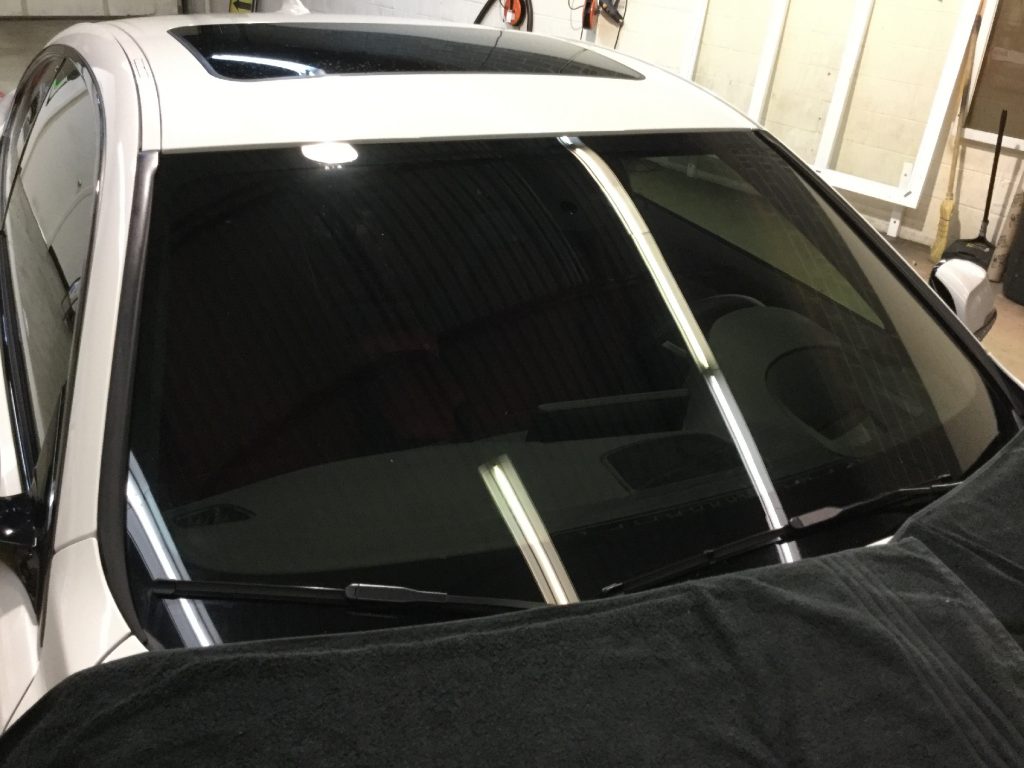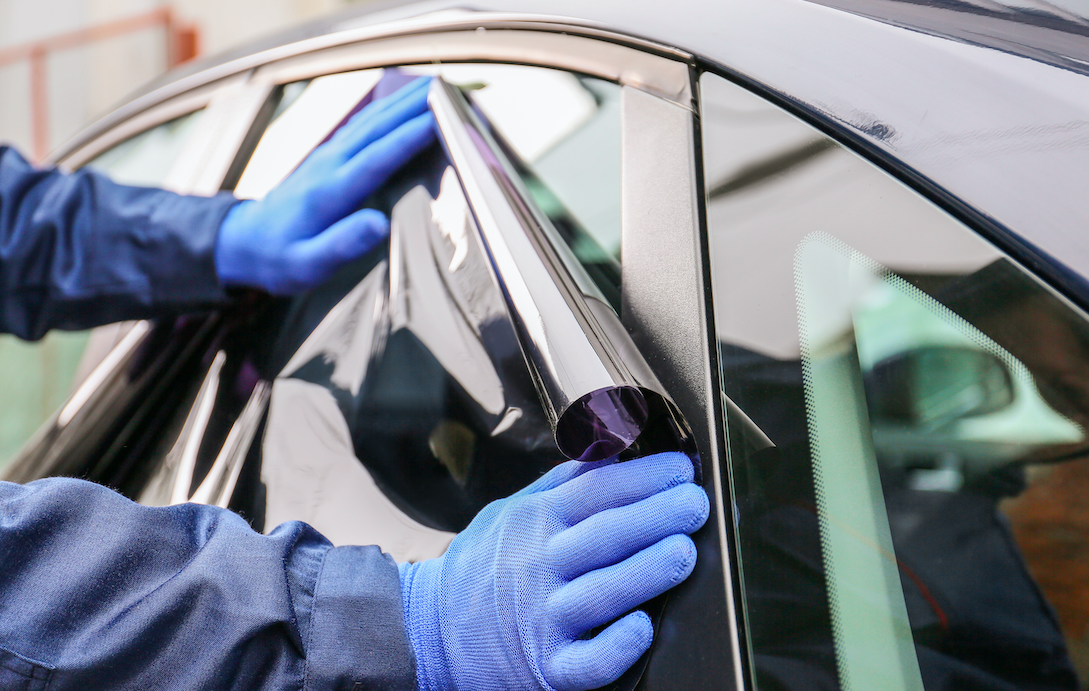Professional Window Tinting Services for Better Comfort and Style in Your Vehicle
Professional Window Tinting Services for Better Comfort and Style in Your Vehicle
Blog Article
Window Tinting Laws: What You Need to Know Prior To Tinting Your Car
Comprehending window tinting legislations is crucial for any kind of vehicle owner thinking about tinting their automobile. As you contemplate enhancing your vehicle's look and functionality, it is crucial to grasp not only the legal effects yet additionally the useful factors to consider that come with picking the right tint.
Significance of Recognizing Color Regulations
Comprehending window tinting laws is crucial for vehicle owners to ensure compliance with state regulations. These legislations dictate the permitted levels of tint darkness and reflectivity, which can significantly differ from one jurisdiction to one more. Falling short to stick to these policies can cause penalties, obligatory elimination of the tint, and possible complications throughout car examinations.
Moreover, comprehending these laws aids automobile owners make notified decisions concerning their tinting choices. Different kinds of home window films give numerous advantages, such as UV protection, warm rejection, and glare decrease. Without understanding of the legal limits, lorry owners run the risk of picking items that might inevitably lead to lawful issues.
Additionally, awareness of tinting regulations cultivates a more secure driving setting. window tinting. Excessively dark colors can harm visibility, boosting the risk of accidents, specifically at evening or in unfavorable climate conditions. Regulation enforcement firms also use these policies to ensure road security, making conformity not simply a personal responsibility but a legal obligation
State-Specific Tint Regulations
Each state in the united state has actually established its very own specific laws pertaining to window tinting, reflecting a varied selection of demands and standards. These laws can vary significantly, impacting just how car owners come close to setup and conformity. For instance, some states permit darker tints on rear windows while imposing strict limits on front-side windows.
Furthermore, policies typically define allowed color products and colors. Specific states prohibit reflective tints completely, while others might permit them to a limited level. Furthermore, some territories mandate that cars with tinted home windows show a sticker label indicating conformity with state laws, supplying a clear recognition for law enforcement.
Enforcement of these regulations also varies; some states are more positive, performing random checks, while others count on problems or noticeable offenses to launch enforcement. Car owners must be conscious that failure to adhere to state-specific tint laws can result in penalties, mandatory removal of prohibited tints, or both.

Lawful Color Percentages
Figuring out the lawful tint portions is important for vehicle owners seeking to follow state regulations. Each state has details regulations governing just how much light should travel through the windows of a vehicle, which is revealed as a portion referred to as Noticeable Light Transmission (VLT) This portion varies significantly throughout states and can depend upon the kind of home window-- front side, back side, and windshield.
For example, some states allow as little as 20% VLT on front side home windows, while others may permit approximately 50%. Windscreen tinting is typically more limited, with lots of jurisdictions permitting only a narrow band of color at the top of the windshield. In contrast, rear home windows generally have a lot more forgiving laws, with some states allowing useful link darker tints.
It is important for vehicle owners to acquaint themselves with their local legislations to stay clear of prospective lawful issues. This consists of understanding how VLT is measured, as it can differ based upon the sort of home window film utilized. Staying notified about these laws guarantees conformity and promotes secure driving problems for both the vehicle proprietor and others when traveling.
Effects of Non-Compliance
Failing to stick to window tinting laws can result in considerable consequences for automobile proprietors. One of the most prompt repercussion is the potential for web traffic stops and citations from legislation enforcement. Police officers educated to identify prohibited tint degrees may provide penalties, which can vary by jurisdiction however frequently vary from modest to significant amounts. Repeated violations might lead to enhanced fines, consisting of greater penalties or added points on a chauffeur's license.

Insurance business might likewise penalize for non-compliance, as unlawful modifications can be deemed a violation of policy terms. This might impact protection rates or cause difficulties in cases if an incident happens.
Inevitably, the repercussions of non-compliance extend past instant economic fines; they can impact a motorist's insurance rates, legal standing, and overall car value, stressing the relevance of sticking to neighborhood home window tinting regulations.
Tips for Choosing Tinting Options
Recognizing the ramifications of non-compliance highlights the importance of making notified choices when choosing home window tinting choices. Acquaint on your own with your state's certain laws relating to tint darkness and reflectivity. Each state has distinct policies that dictate the allowable limits, so guarantee you remain within these guidelines to prevent fines.
Second of all, take into consideration the sort of tint material. Choices include dyed, metalized, and ceramic tints, each offering differing degrees of warm being rejected, UV protection, and durability. Ceramic tints give premium warmth resistance without interfering with electronic tools, making them a preferred option.
Furthermore, evaluate your main function for tinting. If you look for boosted privacy, select darker colors; however, bear in mind that this may affect visibility at night. On the other hand, if glare reduction and UV protection are your major concerns, lighter colors may be enough.
Finally, consult with an expert installer who is educated regarding regional policies and can recommend high-grade materials suited to your demands (window tinting). Taking these aspects right into account will certainly ensure you make an educated choice, inevitably improving both your vehicle's aesthetic appeals and capability
Final Thought
Finally, knowledge with window tinting regulations is crucial before using color to a lorry. Each state imposes specific policies concerning noticeable light transmission percents, especially for front-side windows and windscreens. Non-compliance can result in considerable fines, consisting of penalties and mandatory elimination of non-conforming tint. By understanding lawful needs and picking ideal color materials, car proprietors can achieve visual improvement while remaining certified with relevant legislations. Adherence to these standards ensures both safety and complete satisfaction.
Recognizing home window tinting laws is vital for any his comment is here type of car owner taking into consideration tinting their vehicle.Understanding window tinting regulations is vital for automobile owners to make certain compliance with state view publisher site policies. Some states allow darker tints on rear windows while imposing strict limits on front-side home windows.
In contrast, back windows normally have much more lax regulations, with some states allowing darker tints. (window tinting)
In final thought, knowledge with home window tinting legislations is essential prior to applying tint to an automobile.
Report this page